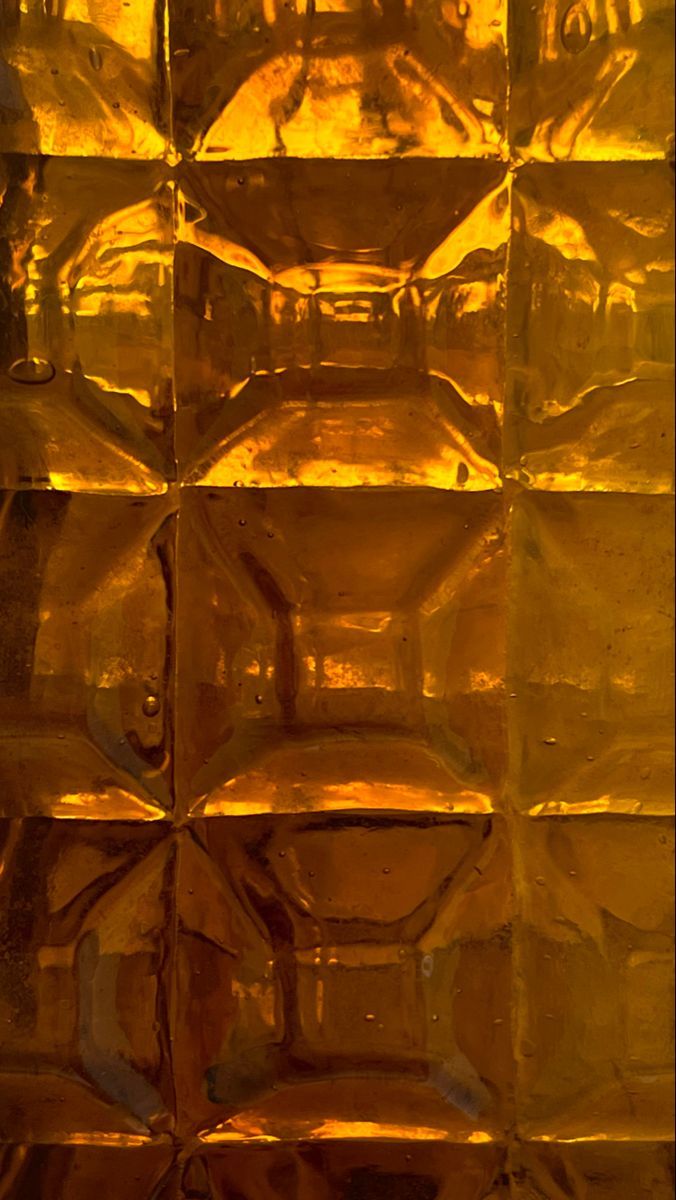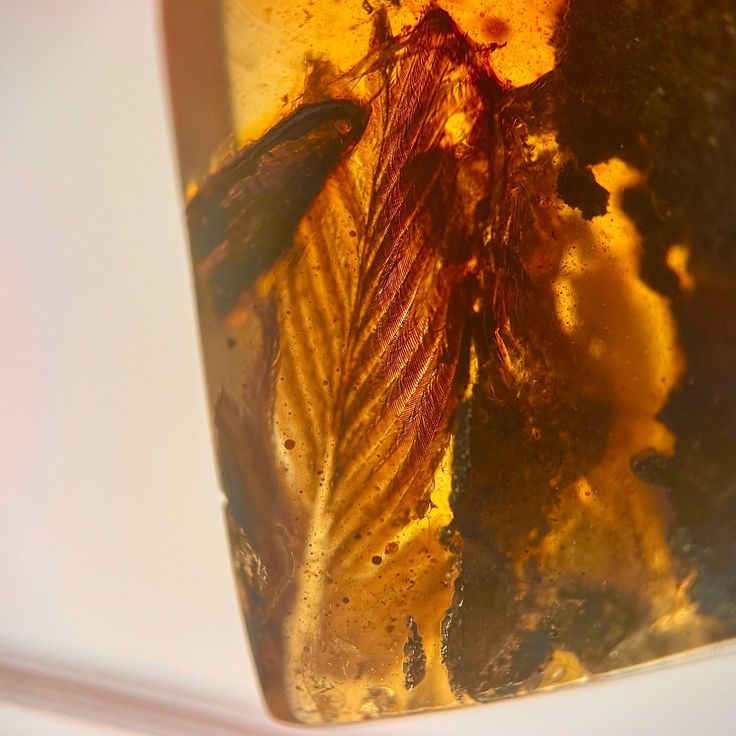Walk into any ancient temple at dusk and you'll understand. The air thick with labdanum smoke, rising like prayers made visible. Egyptian priests knew this wasn't decoration — this was transformation. The scent that purified bodies, preserved souls, carried whispered confessions straight to the gods.

But step into Cleopatra's private chambers and amber reveals its true purpose. Not sacred, but strategic. Watch her perfumers blend labdanum with benzoin, vanilla with precious resins — crafting not a fragrance, but an atmosphere. The accord that doesn't announce itself, but makes everything else unforgettable.
Pliny the Elder called it "sunlight, captured." He wasn't being poetic. He was being precise.
In SILK VEIL, amber hums beneath jasmine, neroli, and tuberose — molten, invisible, essential. The note that ensures you're not just smelled, but remembered. Low and steady, like candlelight that refuses to flicker.

Amber was never just scent. It was ceremony disguised as pleasure, medicine disguised as luxury. The warm breath that lived beneath beauty, making temporary moments feel eternal.
Modern perfumery has decoded amber's ancient formula — labdanum, benzoin, vanilla, resins blended to conjure heat and shadow. But the effect remains unchanged: it doesn't perform, it persists. The foundation that makes everything else glow.



